
In this crisis, will the Serbian government be more concerned with the interests of its citizens and economy or with Russia’s feelings?
Deutsche Welle journalist Srećko Matić believes that Serbian President Aleksandar Vučić faces a difficult dilemma following US sanctions against the Serbian oil industry (NIS). According to German-language media reports in Germany and Switzerland, Vučić must choose between “the plague and cholera,” i.e., between two very bad options: suffer serious economic consequences or risk damaging relations with Russia.
According to the Swiss newspaper Neue Zürcher Zeitung, Vučić will have to decide whether Serbia’s domestic economy and citizens will bear the cost of lost years in which dependence on Russian energy sources has not decreased, or whether he will opt for a move that would “anger Moscow.”
Germany’s Frankfurter Allgemeine Zeitung adds that Serbia is now paying the price for its dependence on Russia, “which is coming back to haunt it.” The article draws attention not only to the current situation with sanctions and NIS, but also to additional risks – in particular, dependence on Russian gas, which, according to AFP, further complicates Vučić’s position.
For those who have been following events in the Balkans in recent years, Matić points out, this came as no surprise. He argues that it is not just a matter of tensions and months-long delays in decision-making, but a process that has been going on since the start of the war in Ukraine and Russian aggression. During this period, Serbia has not taken any significant steps towards diversifying its supply or coordinating its foreign policy.
Matić adds the assessments of analysts who describe Vučić’s policy as “versatility” rather than non-alignment. “Non-alignment means that you are not on either side. It means being on all sides at once. What has happened now can be described with the German word Kurzschluss – a short circuit. It is a situation where the plus and minus poles are connected, things that cannot be connected, and this is precisely the short circuit of Serbian foreign policy,” says Matić.
When asked how Europe might respond, he recalled that Serbia could refer to the solutions used by Germany after Russia’s aggression against Ukraine began. At that time, he said, Gazprom’s subsidiary was operating in Germany and even had the largest gas storage facility in the country, which Berlin considered an “absolutely bizarre situation.” Germany then decided to nationalize the company and take control of the gas market to protect its economy and citizens, rather than taking Moscow’s reactions into account.
This case, conclude the German and Swiss media, raises the question of whether the Serbian government will care more about the interests of its citizens and economy or about Russia’s feelings in this crisis.

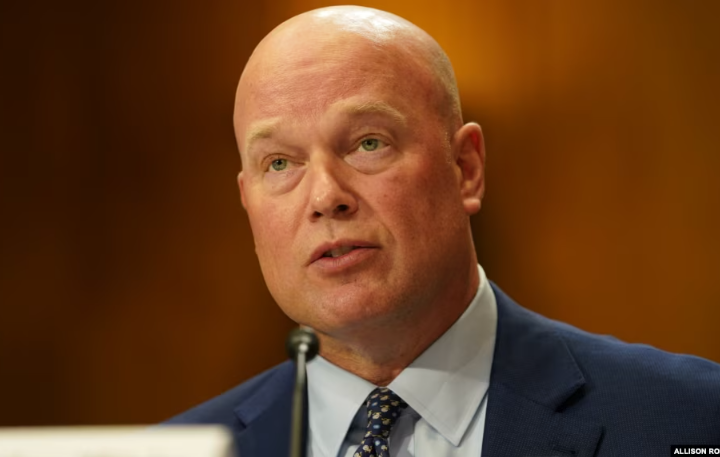 US Ambassador Whitaker Says Trump Has ‘Many’ Cards To Bring Peace To Ukraine
US Ambassador Whitaker Says Trump Has ‘Many’ Cards To Bring Peace To Ukraine 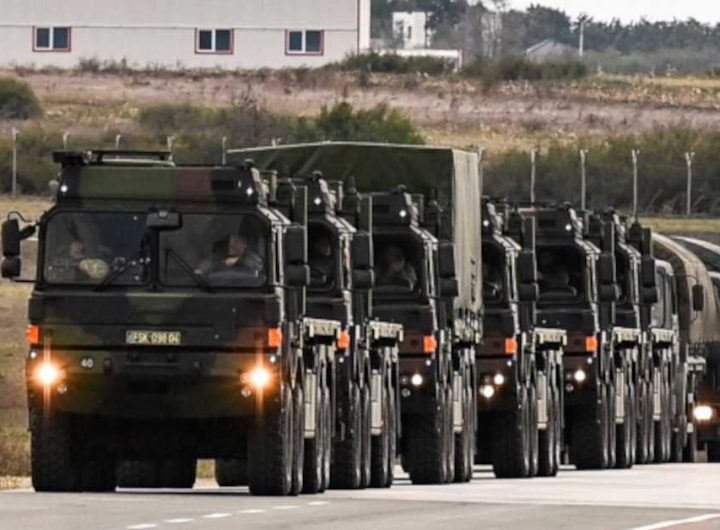 Serbia’s Narrative Against Kosovo and Turkey Over Turkish Drones
Serbia’s Narrative Against Kosovo and Turkey Over Turkish Drones 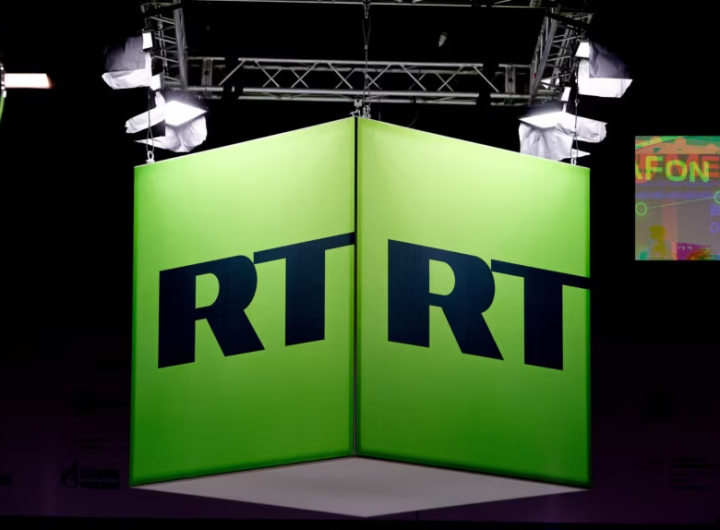 Russian Propaganda Ahead of Elections and Influence on Serbs in Kosovo
Russian Propaganda Ahead of Elections and Influence on Serbs in Kosovo 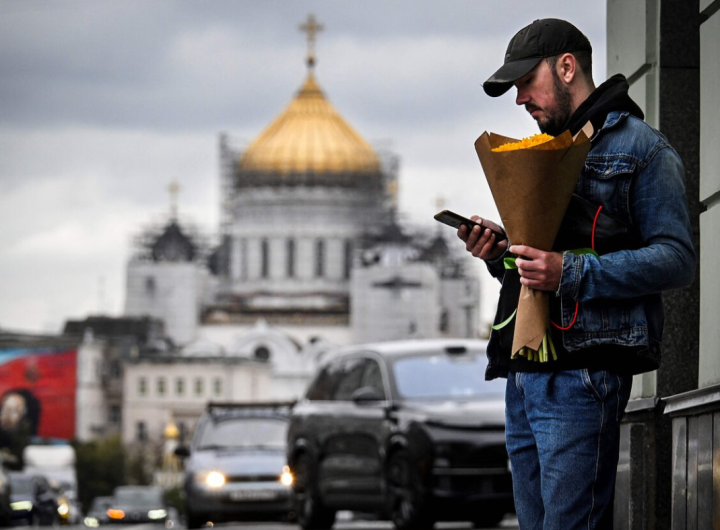 Russia blocks mobile data and text messages for European roaming customers
Russia blocks mobile data and text messages for European roaming customers 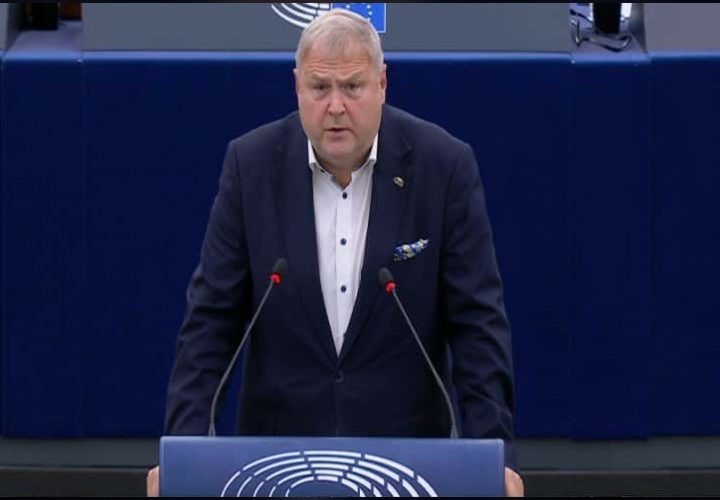 Terras: Serbia’s interference in Kosovo’s local elections unacceptable
Terras: Serbia’s interference in Kosovo’s local elections unacceptable 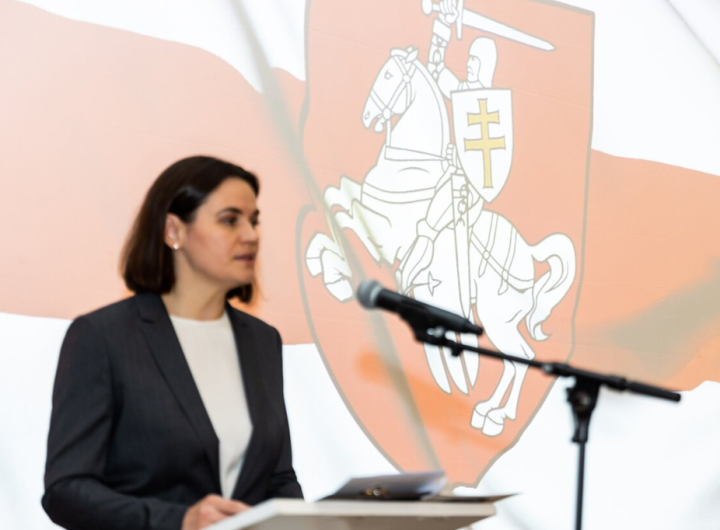 Tsikhanouskaya’s office in Vilnius still operating despite reduced security
Tsikhanouskaya’s office in Vilnius still operating despite reduced security